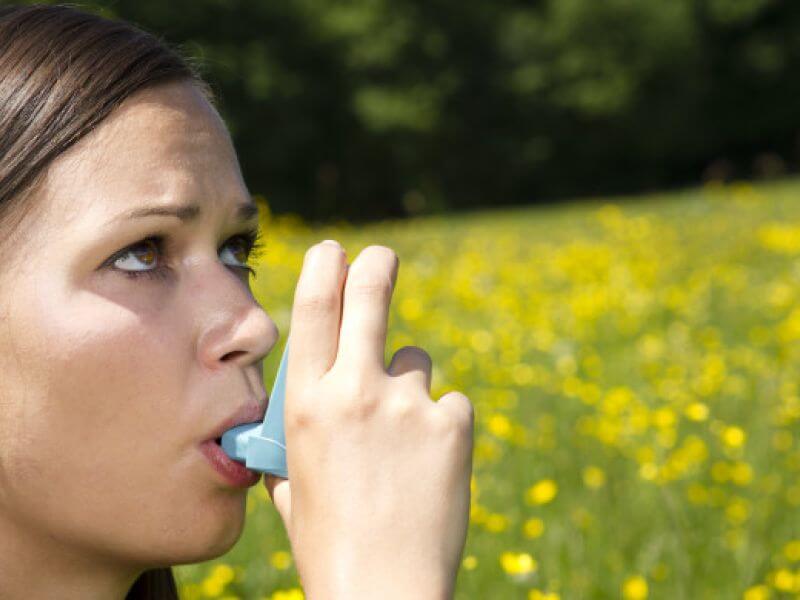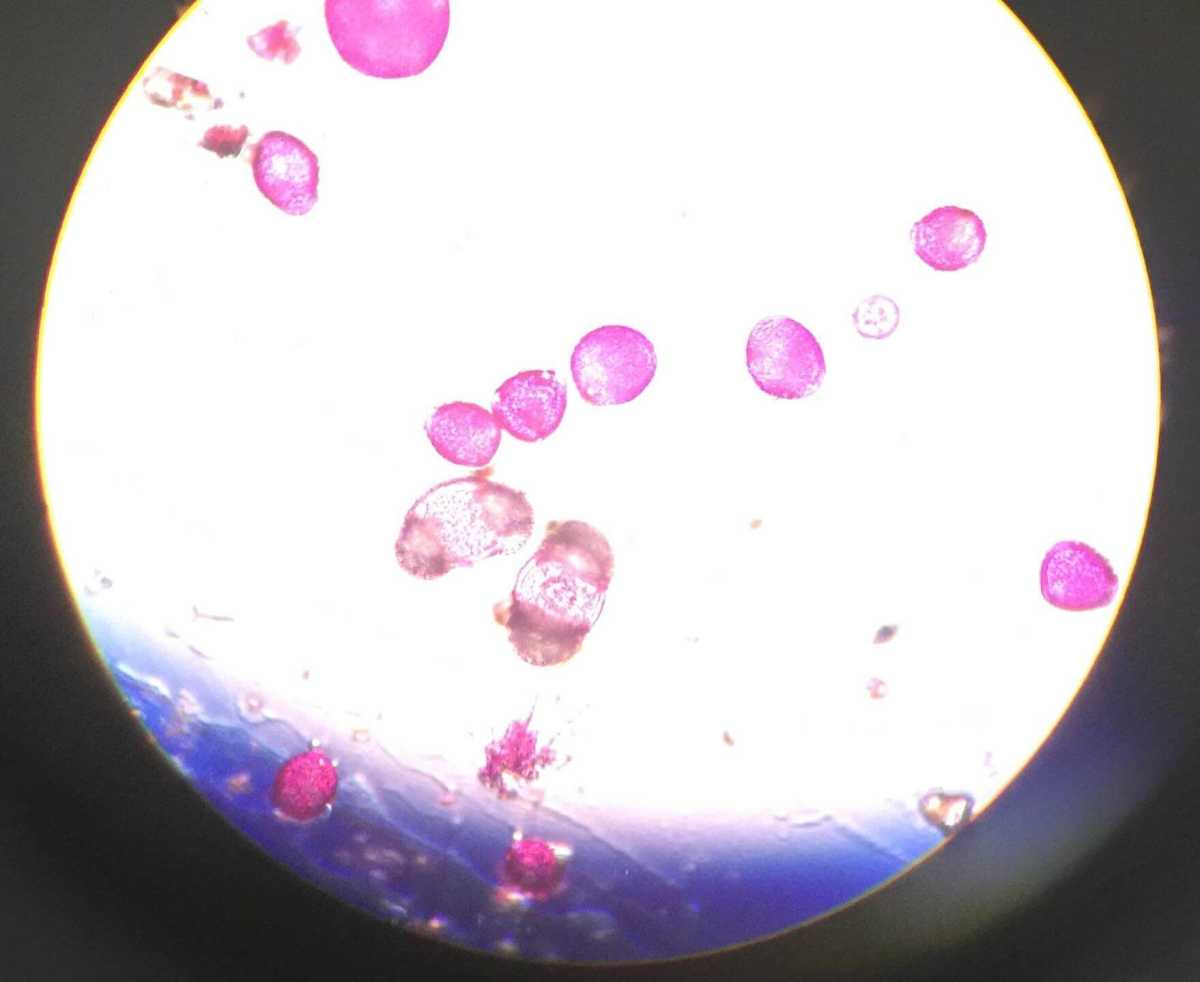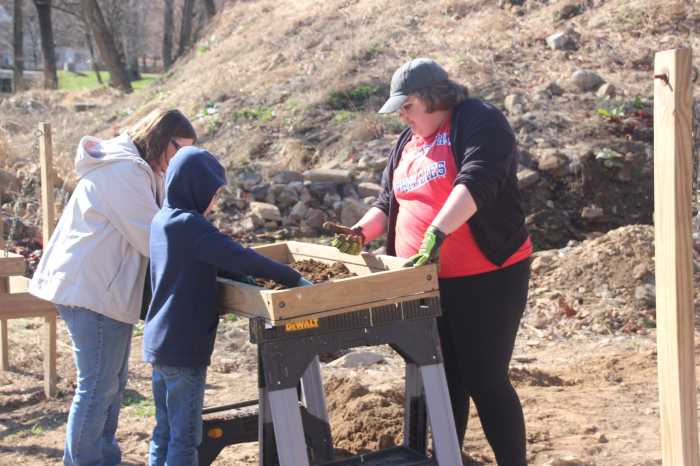If you’ve been feeling sluggish, headachey, had a sore throat or itchy eyes in the last few weeks, you’re not alone.
The cause may be levels of pollen in the air around the Delaware Valley that have been reaching two or even three times their normal amount this spring, said Dr. Donald Dvorin, co-founder of The Asthma Center, which has offices in Center City and South Jersey. “We are definitely very high for the area,” he said. “The last few days, we’ve had doubles or triples in one day. That’s what I believe is a bad season. It’s so variable, with lows and highs, that people are really noticing it.” Dvorin pointed out that most trees do not open up and release their pollen until temps rise above 40 degrees. With an unusually high number of cold mornings this spring, the release of pollen isn’t occurring until later in the day, when more people are out, active, and inhaling the pollen. Inhaling pollen can cause swelling of your sinuses, cause eye irritation, and levels of fatigue similar to having a bad cold, Dvorin said.
“That does impact people’s quality of life,” Dvorin said. “People are out of work definitely when it happens.”
RELATED:Activists opposed to ‘energy hub’ proposal deliver petition to Mayor Kenney Dvorin, who has been taking air pollen counts since 1986, has been posting the pollen count every day on The Asthma Center’s Facebook.
He’s also treating patients. He said he saw woman in her late 40s who was actually suffering hives from exposure to grass and grass pollen.
“When you look at those long blades of grass, the top and edges of the blades, that is pollen,” he said.
As temperatures continue warming, there will just be even more pollen, Dvorin cautioned.
“If we do get windy and stay dry, we are going to really see a higher pollen count,” Dvorin said. “We have yet to see any pine pollen in any significant numbers, and with the pinelands around here, pretty close to Philadelphia, we’ll really see a big surge in that – it could be as early as next week.” Dvorin urged people who know they have allergies to grass or tree pollen to check the pollen count daily, and if its high, to avoid going outside before 10 a.m.
Another step people can take is to change their clothes when they get home, including their shoes, and to even take a shower to remove pollen from their body.
“If they leave it on, they could have a later reaction,” he said.
Antihistamines, nasal sprays like Flonase, or prescription medications could help people who can’t shake their symptoms, he said.
Visit asthmacenter.com for Dr. Dvorin’s daily pollen count.





























